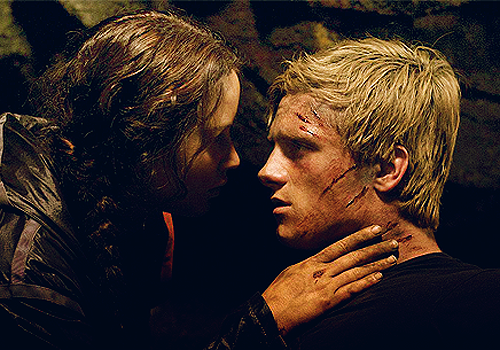As an adult, I’ve contained my apocalyptic speculations to fiction; specifically, I love reading other people’s imagined end-times tales. In the last few months, I’ve read The Age of Miracles (the planet begins slowing mysteriously, bringing about 80-hour days and really bad sunburns), World War Z (zombie apocalypse, ‘nuff said) and Peter Heller’s literary apocalypse fantasy, The Dog Stars. This last one is the book I’m reviewing today.
 |
| The dog who inspired Jasper |
Bangley and Hig have built a fortress to protect them against the Not Nice hordes (what is an apocalypse without hordes? No fun at all, I say), and a good deal of the initial plot tension revolves around the two men fighting off waves of bad guys, Mad-Max style. In fact, the book owes a big debt not only to Mad Max, but to Cormac McCarthy’s The Road and Stephen King’s The Stand. But it also stands alone: it’s more literary than King, less grim than McCarthy.
Between the fight scenes, which are pulse-pounding and page-turning, we have a little Walt Whitman. Hig periodically has to venture away from the compound (Bangley stays behind to defend it) to hunt and fish. While wandering in the Colorado mountains with Jasper, he observes the natural beauty of the forest: “Mostly I just want to go up there. It feels like church, hallow and cool. The dead forest swaying and whispering, the green forest full of sighs. The musk smell of deer beds. The creeks where I always pray to see a trout. One fingerling. One big old survivor, his green shadow idling against the green shadows of stones.” These passages are gorgeous, and provide a nice counterpoint to the gunplay.
 |
| My brother and I in the Colorado Rockies, long ago |
Hig’s other love, besides old Jasper, is his 1956 Cessna. Hig is a pilot, which is another thing that keeps him, Jasper, and Bangley alive. Hig periodically goes on recon missions, checking for intruders and hoping against hope for signs of Nice people. He also collects supplies from, say, abandoned semis full of soda. Flying in itself is a survival tactic for Hig: he’s always on the verge of despair, as one would be in such a situation, and the airplane gives him a feeling of control and freedom. Flight is what keeps him grounded. Ironic, eh?
The novel needed something more than Wild West meets Walt Whitman, and sure enough, Heller gives us a plot twist about halfway through, neatly avoiding the dread saggy middle. Hig has always had to restrict his flight distance for fear of running out of fuel, but after one sad turn of events, he (and the reader) need a change of pace. The fighting and hunting are wearing thin. With nothing left to lose, he leaves Bangley and relative safety, and flies into the unknown.
 |
| Love, post-apocalypse style |
The novel roughly follows the Hero’s Journey, which Heller almost certainly is familiar with, so that’s worth spending a moment on. The Ordinary World of the setup is anything but ordinary: humanity has just been decimated by a biological weapon. It goes to show that “ordinary” in this case only means “status quo.” Whether it’s Luke Skywalker on Tatooine, a hooker in a brothel in Pretty Woman, or a pilot in post-apocalyptic America in The Dog Stars, the Ordinary World is quotidian. Weird for the reader, perhaps, but daily life for the protagonist.
The Call to Adventure comes early on when we learn that Hig hears a static-broken voice on a radio signal while flying. We know there is someone out there beyond the feral human marauders, so we know Hig will eventually have to explore this. He refuses the call initially, of course, but eventually it’s what moves him out of his fortress.
The Mentor could be seen as either Bangley or another old man we meet along the way. Curiously, the second old man is so similar to Bangley that I wonder why Heller didn’t work to differentiate them more. It’s possible that he figured any character left alive after the flupocalypse was likely to fit the Survivalist archetype, and that may be a good enough reason.
The Supreme Ordeal is debatable, but I’d qualify Hig’s encounter with a few elderly serial killers as a pretty supreme ordeal. It happens at about the right time in the story. I knew Hig would have to return to Bangley, since the story demanded it, and I was not disappointed. Return with Elixir wraps up the book, with one more thrilling scene to keep those last few pages turning.
I loved this book, found it to be lyrical, exciting, and ultimately pretty uplifting. It’s very unusual to find a post-apocalypse book this hopeful, so I’d highly recommend it to my many friends who refuse to read the genre because it’s too dark. I did have a few nitpicks beyond the thin love story, some plot holes that an editor should have spotted, but they weren’t egregious enough to ruin my five-star review of the book. Check it out, and let me know what you think.
Meanwhile, here are some photos of my own of the Rockies, which is the setting of The Dog Stars and which was beautifully evoked in the novel.
 |
 |













.jpg)
